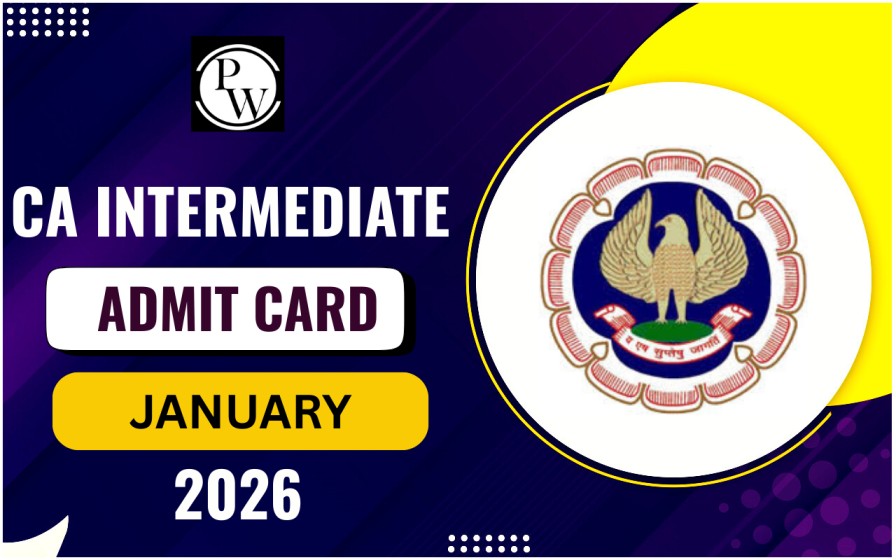
Life cycle costing is a method in cost accounting that looks at the complete expenses involved in owning and using an asset throughout its lifetime. Take buying a car, for instance. Instead of just the upfront price, life cycle costing factors in fuel, upkeep, repairs, and what you might get when you sell or trade it later on. This thorough assessment lets businesses make smart choices by understanding the overall financial impact of their investments in the long run.
In this article, learn more about this topic for CA Exams.What is Life Cycle Costing?
Life Cycle Costing (LCC) is a cost management approach that evaluates all expenses linked to a product or project from its beginning to its end. This includes costs for design, production, distribution, maintenance, and disposal, offering a comprehensive perspective on expenditures. It supports strategic decision-making and sustainability efforts by providing a thorough understanding of total lifecycle expenses.Example of Life Cycle Costing
Consider a fleet management company deciding between a conventional gasoline-powered vehicle and an electric vehicle (EV). Life Cycle Costing (LCC) would analyze the overall expenses of each option throughout its lifecycle, covering acquisition, fuel or electricity usage, maintenance, insurance, and eventual disposal costs. This comparison helps the company identify the more economical and sustainable choice for their long-term needs.Also Read: Audit Planning and Execution
Purpose of Life Cycle Cost Analysis
The following are the purpose of Life Cycle Cost Analysis:Comprehensive Cost Assessment:
Life Cycle Cost Analysis (LCCA) evaluates the total cost of ownership of a product, asset, or project from inception to disposal. It covers initial design, acquisition, operation, maintenance, and eventual disposal or decommissioning costs. This holistic assessment provides a complete understanding of the financial implications across the entire lifespan of the entity under consideration.Informed Decision-Making:
By considering all costs throughout the life cycle, LCCA enables informed decision-making on investment choices, resource allocation, and strategic planning. It helps stakeholders assess the long-term financial implications of different options and select the most cost-effective and sustainable alternatives. Whether deciding between designs, technologies, or procurement methods, LCCA offers valuable insights to guide decision-makers.Optimizing Value:
LCCA allows organizations to optimize value by identifying opportunities to minimize costs and maximize benefits over the life cycle of a product or asset. By quantifying financial impacts, LCCA helps prioritize investments that offer the highest return on investment (ROI) and long-term value creation. This ensures efficient resource allocation aligned with organizational objectives while mitigating financial risks.Minimizing Costs:
A core objective of LCCA is to minimize ownership and operational costs of assets or products. By analyzing cost drivers and identifying avenues for cost reduction, organizations can implement strategies to lower overall expenses throughout the life cycle. This may involve optimizing maintenance schedules, choosing durable materials, or investing in energy-efficient technologies to reduce operating costs over time.Enhancing Long-Term Performance and Competitiveness:
Through LCCA, organizations evaluate the long-term performance and competitiveness of their investments. Factors like reliability, durability, and obsolescence risk are considered, supporting strategic decisions that foster sustainable growth and competitiveness in the market. LCCA ensures investments align with organizational goals and contribute positively to overall performance metrics.Facilitating Sustainability Initiatives:
LCCA plays a crucial role in supporting sustainability efforts by assessing environmental impacts and long-term sustainability considerations. Beyond financial costs, LCCA evaluates environmental costs and benefits associated with different options, enabling environmentally conscious decision-making. By quantifying lifecycle impacts, businesses can reduce their environmental footprint and contribute to broader sustainability objectives.Benefits of Life Cycle Costing
The benefits of Life Cycle Costing are as follows:Cost Transparency: LCC provides a clear view of all expenses associated with a product or project throughout its entire life cycle, including hidden costs. This transparency allows businesses to accurately assess total ownership costs, enabling informed decisions to optimize financial resources and budget effectively.
Informed Decision-Making: By capturing costs across different stages of a product's life cycle, LCC equips businesses with comprehensive data for strategic decision-making. Whether deciding on product design, sourcing strategies, or maintenance plans, organizations can maximize value and profitability by considering the complete life cycle perspective.
Sustainability: LCC enables organizations to evaluate environmental impacts and long-term sustainability considerations linked to their products or projects. By quantifying environmental costs and benefits, businesses can adopt sustainable practices and make environmentally conscious decisions, aligning with corporate social responsibility goals and regulatory requirements.
Risk Mitigation: LCC helps identify risks and uncertainties at each life cycle stage, allowing businesses to develop effective risk mitigation strategies. Understanding the financial implications of risks enables organizations to proactively address challenges, minimize disruptions, and protect against financial losses. This ensures business continuity and resilience in dynamic market conditions.
Explore PW CA Courses to master Life Cycle Costing and other vital topics for CA exams. Gain strategic insights for informed decision-making and career success. Enroll now for comprehensive preparation!| Also Check | |
| Internal Audit | Financial Modeling |
| Debt Restructuring | Value Chain Analysis |
| Cash Flow Management | Financial Analysis and Reporting |
Life Cycle Costing FAQs
What is Life Cycle Costing (LCC)?
Why is Life Cycle Costing important?
How does Life Cycle Costing support decision-making?
What are the key benefits of using Life Cycle Costing?
In what industries is Life Cycle Costing commonly applied?










